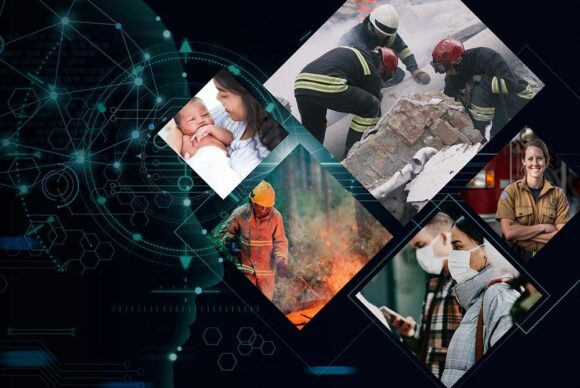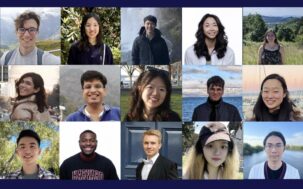Kakade to Co-Lead Autonomous Decision Research at New NSF AI Institute
Part of $20M Collaboration that Convenes AI Researchers, Social Scientists, to Develop Tools for Societal Challenges

As part of the AI Institute for Societal Decision Making (AI-SDM), the Kempner’s Sham Kakade will help develop autonomous decision-making tools that aid in disaster and public health management.
Cambridge, MA — Kempner Institute Co-Director Sham Kakade will help lead an effort to develop autonomous decision-making tools that aid in disaster and public health management as part of the newly announced AI Institute for Societal Decision Making (AI-SDM), an interdisciplinary collaboration among top artificial intelligence (AI) researchers supported by funding from the National Science Foundation (NSF).
One of seven AI institutes announced today by the NSF, the AI-SDM is supported by a five-year, $20 million commitment from the NSF, and will be led by Carnegie Mellon University (CMU) and directed by Aarti Singh, professor of machine learning at CMU.
The AI-SDM will bring together an interdisciplinary team of AI and social science researchers, including a total of five Harvard-based researchers, to leverage AI to better understand human decision-making, improve the ability of AI to make decisions, and to apply those advances to create better, more trusted decision-making tools. As part of this work, the AI-SDM will develop new tools for autonomous decision-making as well as for efficient communication and intervention in disaster and public health scenarios.
The AI-SDM’s development of autonomous decision-making tools will be co-led by Kakade, co-director of the Kempner Institute and a computer science and statistics professor at Harvard University, and Jeff Schneider, a research professor in CMU’s Robotics Institute. These human-centric tools, which will enable decision-making in dynamic and uncertain environments and under intense pressure and constraints, offer an opportunity for AI to help real people in scenarios where good decision-making is essential, but often complex and extremely difficult.
“This work aims to improve AI capabilities to really make a difference in high stakes situations, where fast and accurate decision making is critical,” said Kakade. “If we can use AI tools to make better decisions in light of uncertainty and other constraints that exist in disaster and public health contexts, we have the potential to save lives, and on a large scale.”
The five Harvard researchers participating in the institute are Kakade, Ariel Procaccia and Milind Tambe, both professors of computer science at Harvard’s School of Engineering and Applied Sciences (SEAS), Maia Majumder, an assistant professor in computational health informatics at Harvard Medical School, and Christopher Golden, assistant professor of nutrition and planetary health at the Harvard T.H. Chan School of Public Health.
About the Kempner Institute
The Kempner Institute seeks to better understand the basis of intelligence in natural and artificial systems by recruiting and training future generations of researchers to study intelligence from biological, cognitive, engineering, and computational perspectives. Its bold premise is that the fields of natural and artificial intelligence are intimately interconnected; the next generation of artificial intelligence (AI) will require the same principles that our brains use for fast, flexible natural reasoning, and understanding how our brains compute and reason can be elucidated by theories developed for AI. Join the Kempner mailing list to learn more, and to receive updates and news.
PRESS CONTACT:
Deborah Apsel Lang | (617) 495-7993 | deborah_apsel_lang@harvard.edu






